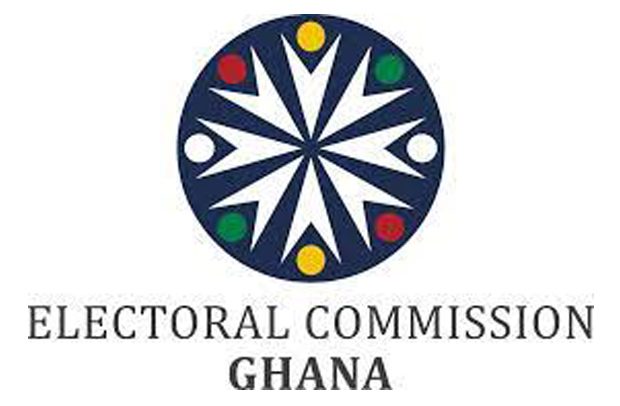Ghana is inching to another crucial milestone towards the consolidation of its democratic credentials. It is an undeniable fact that Ghana’s democracy has come of age having used the ballot box to change governments three times since we first voted in 1992 to herald the establishment of the Fourth Republic.
The leaders of the military interregnum that removed the constitutionally elected government in 1981, was compelled by the global democratic wave to “transmogrify” from the PNDC to the NDC in 1992 with Jerry John Rawlings dropping his military garb for a civilian outlook.
The journey to return to the ballot box was tortuous, resulting in the loss of lives and properties. However, through the determined resolve of the people, our democracy has endured the machinations of the coup makers, and today we are the reference point for good democratic practices on the African continent.
We are thus, the oasis of peace, security, stability and democracy in the West African sub-region devastated by coups and the utter disregard for term limits. The success of our democratic practice cannot be attributed to the people alone, but the institutions including political parties, civil society groups and the election management body, the Electoral Commission (EC).
We score the EC very high in our efforts to consolidate the culture of the democratic tenets in the people. The EC has not been accorded the pride of place by the political parties and their supporters for their failure to win elections. Out of all the EC Chairpersons, the one who has not been spared on any day is Mrs. Jean Mensa, an accomplished advocate of good governance under the aegis of the Institute of Economic Affairs (IEA).
It was under the initiatives of Jean Mensa, that the IEA got support from The Netherlands to fund compensation for general secretaries with representation in Parliament. This was an initiative to strengthen multi-party democracy in the country and also build the capacity of the chief executives of these political parties.
Notwithstanding years of experience and interactions with political parties, the mention of Jean Mensa sends shivers down the spine of the NDC and its leaders. To them, the shadow of defeat lingering in the corridors of the NDC headquarters in Adabraka in Accra can be traced to the “Strong Room” of the EC led by Jean Mensa. And typical of those who want to give the dog a bad name in order to hang it, every move by the EC to organise a free, fair and transparent election must be discredited.
The NDC orchestrated its boycott of the EC just to give it the excuse to badmouth the Jean Mensa-led EC and her deputies and senior officials. Having returned to the Inter Party Advisory Committee (IPAC) after its boycott failed to achieve its diabolical agenda, the NDC leaders unashamedly made a U-turn, but persistent in its leaders harassment of Jean Mensa and the EC.
Defeat already stares the NDC in the face and it is working hard to blame the EC again for another defeat. Although the NDC has vowed never to seek the court’s intervention in the 2024 polls, it is always shouting wolf, anytime Jean Mensa and her team introduces reforms to improve election management in the country.
In 2020, with a similar hate posture towards the EC, the NDC boasted that Jean Mensa would suffer humiliation in declaring John Mahama President-elect, because she cannot overturn the verdict of the people, the NDC started accusing the EC of manipulating the figures for President Akufo-Addo, while making a declaration that they were in “comfortable lead.”
Nonetheless, when they were presented with the realities from the over 38,000 polling centres, the NDC disputed the results and headed for the Supreme Court. Asiedu Nketia, who led the NDC evidence in court, exposed the hypocrisy of the party leaders because they could not substantiate their relief before the court.
The NDC is at it again accusing the EC of manipulating the processes to favour the governing NPP. The EC has been blamed for electoral defeats since 1992, although Dr. Kwadwo Afari Gyan has stated categorically that elections are won at the polling stations but not in the “Strong Room” of the EC.


